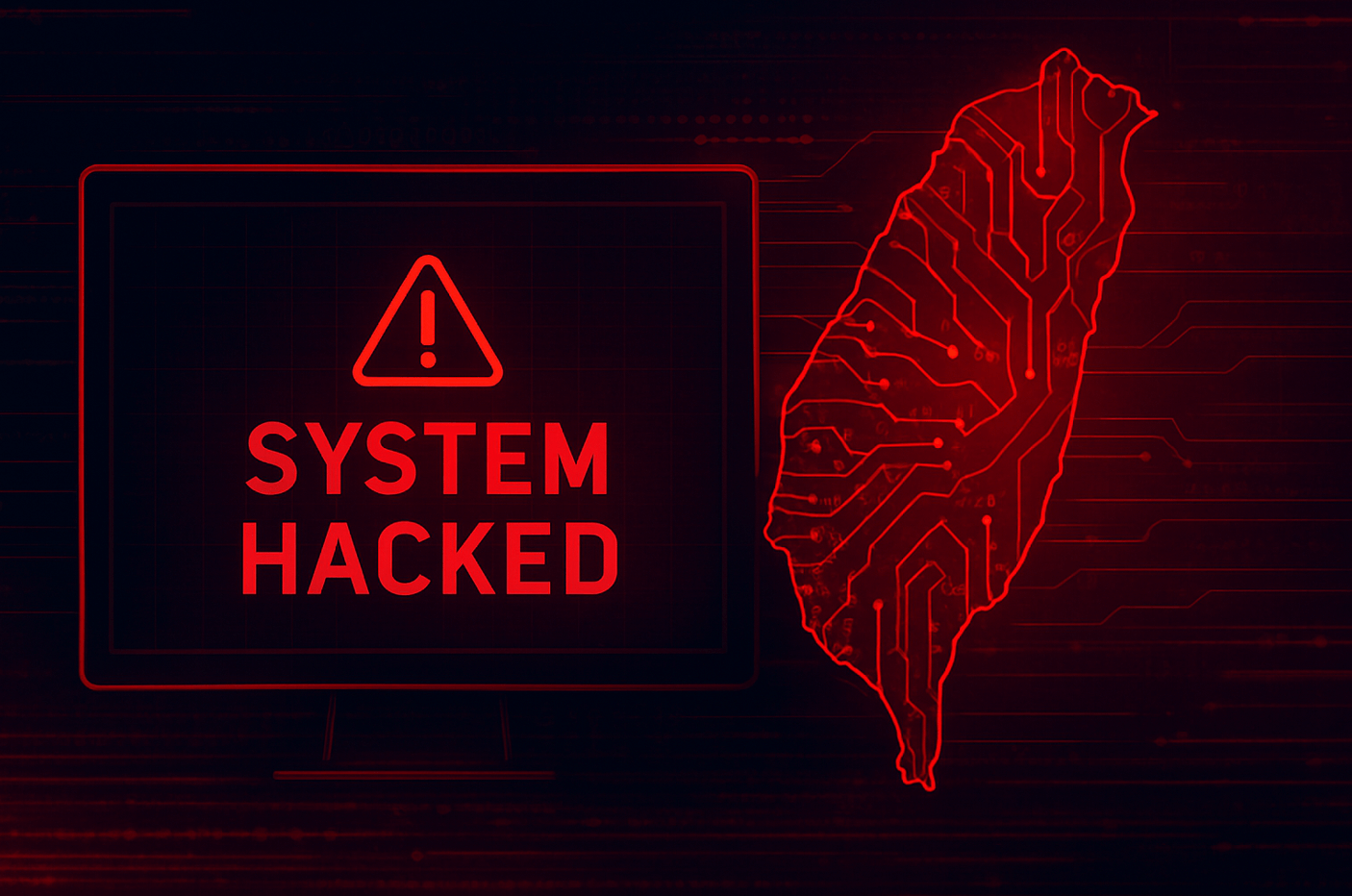
In a chilling update to Taiwan’s national security threat landscape, the island’s National Security Bureau (NSB) has warned of a sharp uptick in cyberattacks emanating from mainland China — coupled with the deployment of a coordinated “online troll army” to influence public sentiment and sow domestic divisions. The revelations underscore how Beijing is doubling down on hybrid warfare tactics that combine network intrusion, disinformation, and AI-driven influence operations.
According to the NSB, the average number of cyberattacks targeting Taiwan’s government departments has risen by roughly 17% this year compared with 2024, now reaching an estimated 2.8 million attacks per day. These assaults are not opportunistic but systematic, focusing on critical infrastructures such as healthcare, defense, energy, and telecommunications systems.
While many attacks appear to probe for vulnerabilities or steal intelligence, the NSB warns that they are often accompanied by coordinated disinformation campaigns. These operations do more than breach systems—they aim to breach public trust.
Beyond hacking, the NSB reports that Beijing is deploying a network of suspicious social media accounts—reportedly more than 10,000 “abnormal” profiles, many operating on Facebook—to disseminate propaganda, pro-China narratives, and content critical of Taiwan’s government.
These campaigns have produced at least 1.5 million misleading posts designed to undermine confidence in democratic institutions and exacerbate internal political divisions. What makes this particularly concerning is the use of artificial intelligence tools to autonomously generate meme-style content and targeted narratives tied to Taiwan’s ongoing domestic debates. The troll networks then amplify these narratives, making them appear organically generated within Taiwan’s social media landscape.
This escalation reflects Beijing’s increasing reliance on hybrid tactics—actions that stop short of open warfare but steadily erode an adversary’s resilience and social cohesion. Taiwan’s defense ministry has also noted the expansion of Chinese operations in the “gray zone,” including undersea cable disruption, surveillance activities, and AI-driven disinformation campaigns.
Such tactics blur the line between peace and conflict, complicating international response thresholds and testing the limits of deterrence.
The impact of these operations reaches far beyond the digital realm. The risks are political, social, and strategic:
Taiwan is responding through a combination of technological hardening and narrative defense. Key measures include:
As Taiwan raises the alarm, it stands at the frontline of a global contest over information and influence. If past conflicts hinged on kinetic power, the next phase may hinge on narrative power—who shapes perceptions, who spreads doubt, and who preserves unity under digital siege.
For governments, tech platforms, and citizens alike, Taiwan’s warning serves as a stark reminder: the battlefield has expanded beyond borders and firewalls. In today’s connected world, defending democracy means defending the truth itself.
Lorem ipsum dolor sit amet, consectetur adipiscing elit. Suspendisse varius enim in eros elementum tristique. Duis cursus, mi quis viverra ornare, eros dolor interdum nulla, ut commodo diam libero vitae erat. Aenean faucibus nibh et justo cursus id rutrum lorem imperdiet. Nunc ut sem vitae risus tristique posuere.